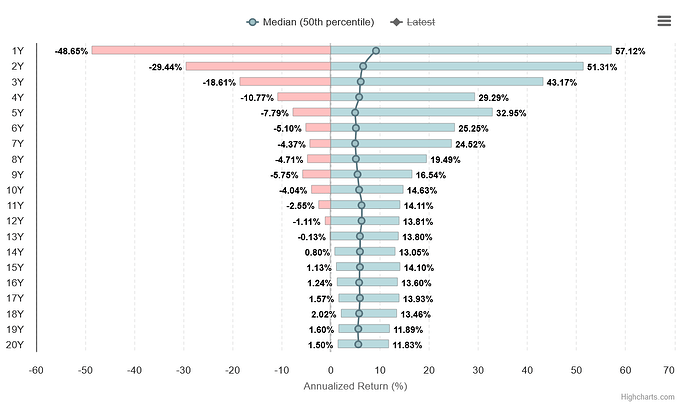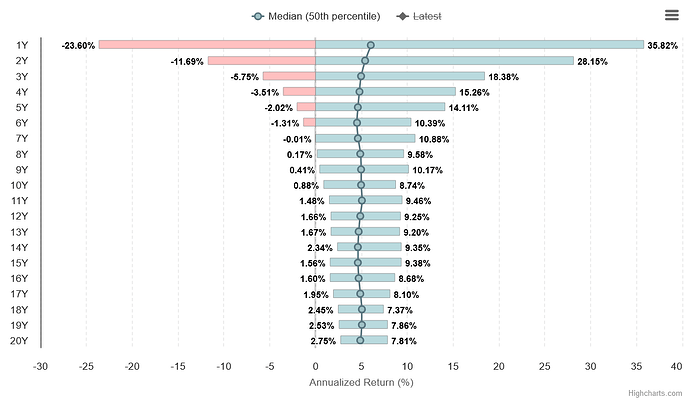Hello everyone,
I’m looking for some feedback and advice from the community on how we should allocate our assets as a married couple. Here is a bit about our situation:
- We are both 31 years old.
- Got married last year and welcomed twin girls this year.
- I’ve been self-employed for about 12 months in consulting, generating around 200,000 CHF annually (no fixed costs). Before this, I studied and earned around 90,000 CHF as an employee (therefore only around 25k in Pension fund).
- My wife will be employed at 60% and earns around 70,000 CHF annually.
Current Asset Overview:
- Bank: 170,000 CHF
- Viac 3a (100% Shares): 94.000 CHF
- ETFs 70%/Bitcoin 30%: 102,610.59 CHF
- Loan to family members: 80,000 CHF
- Pension fund: 60,000 CHF
We are a bit unsure about our saving rate at the moment, as we recently moved into a new flat, and our kids will soon be starting at a daycare (Kita). We’re still figuring out how much support will come from family versus paid childcare.
Additionally, our investments are spread across various platforms like Swissquote, Degiro, and Bitpanda. We’re wondering if it makes sense to consolidate these or keep things separate as a couple.
Our Goal: We aim to purchase a house in about 3-5 years.
I would appreciate any insights or suggestions on how to best allocate our assets given this time frame. Specifically:
- Should we consolidate our investments as a couple, or is it better to maintain separate accounts?
- Any advice on managing our current savings and investments with the goal of homeownership in mind?
- What would be a sensible approach to balancing risk with our current asset distribution, especially considering our new family situation and me beeing self-employed?
If there are any additional questions or information that would help clarify things, please let me know!
Thank you in advance for your help!

